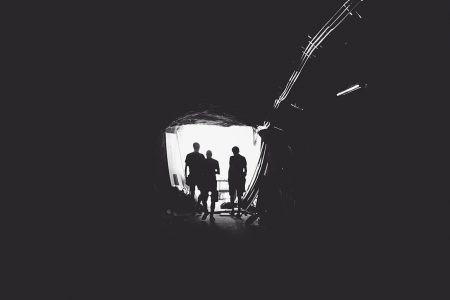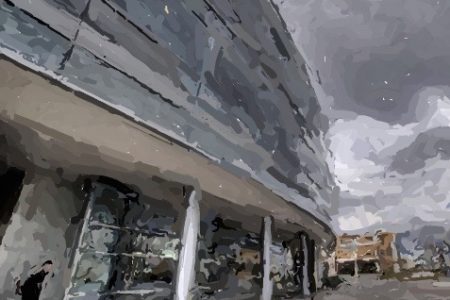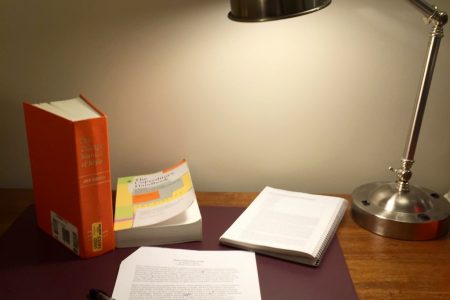The following post was written by Andrew Rees, a student Fellow for the Center. I have been deeply troubled by the growing anti-Islamic sentiment across the United States in recent weeks. Calls to bar entrance to Middle Eastern refugees and even all Muslims have been met, not with apprehension, but with widespread support across the …









